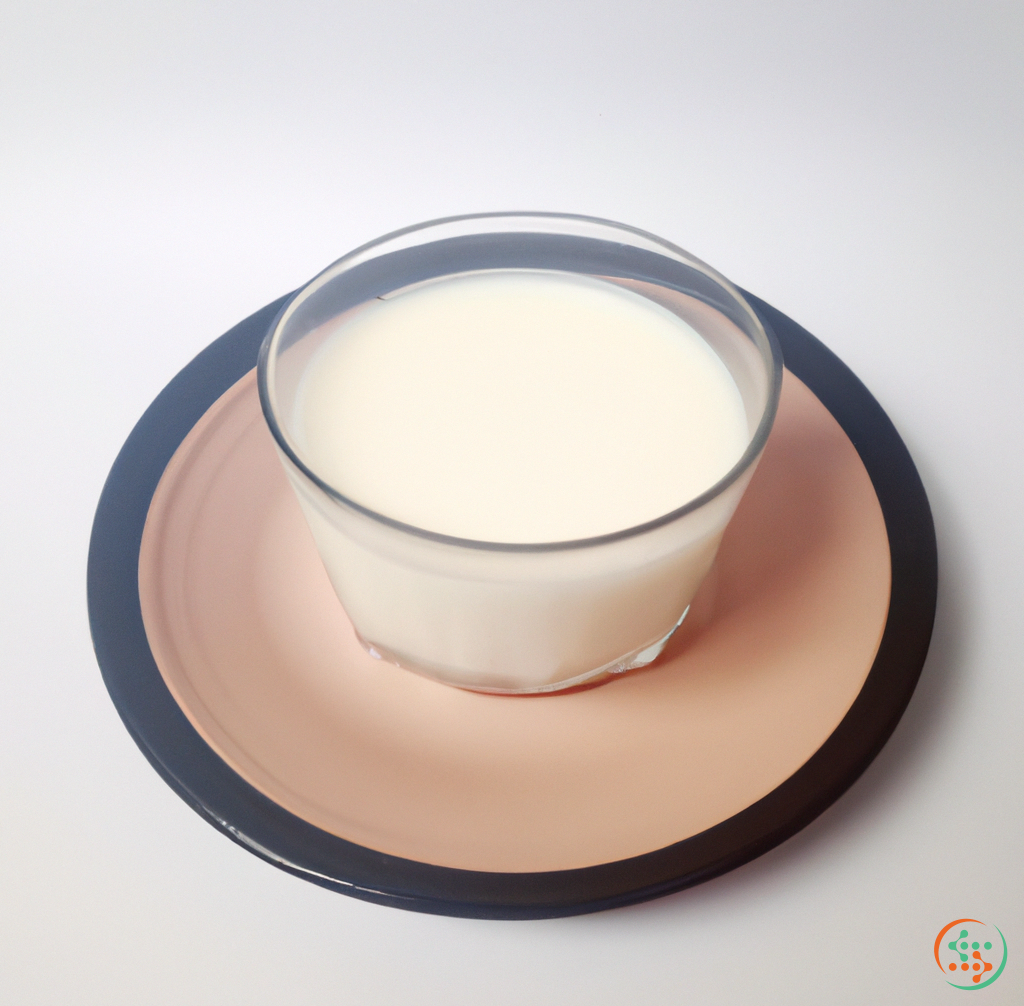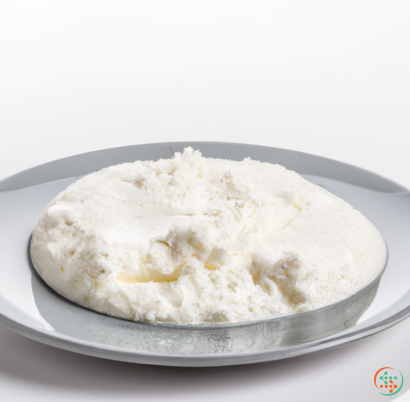Human Milk
and why it is important
Human milk is an incredibly important source of nutrition for all infants, and it also has many benefits that extend far beyond the initial growth period of an infant’s life. Human milk contains all the key nutrients needed for a baby’s growth and development—but it is more than just food; it contains a special combination of living cells, enzymes, proteins, hormones, and antibodies that provide the baby with optimal nourishment and protection, as well as neurodevelopmental, immunological, and emotional benefits.
Human milk is produced by the mammary glands in the breasts of female mammals. In the case of humans, lactation, or the process of milk production, is stimulated by the production and secretion of the hormones oxytocin and prolactin, and is regulated by a complex network of signals between the hypothalamus (the area of the human brain that helps control vital body functions such as temperature and hormone secretion) and the pituitary gland.
The composition of human milk is highly variable, not only among individuals but also over time within the same individual, due to biological and environmental factors. As a general rule, though, human milk consists of around 87% water, which is important for hydration and digestion – especially since the digestive system of a newborn baby is still very immature. The other 13% of human milk is made up of proteins, lipids (fats), carbohydrates, minerals and vitamins, as well as other bioactive components.
Proteins are a key component of human milk, and around a third of the proteins contained in milk are whey proteins. Whey proteins are essential for growth and development in infants as they provide essential amino acids that cannot be synthesized in the body; they are also responsible for providing most of the nitrogen in milk which is important for muscle, organ, and bone development.
Lipids are the most energy-rich component of human milk, and are essential for growth, metabolic functioning, and brain development. The main types of fat found in human milk are long-chain polyunsaturated fatty acids (LCPUFAs), which are especially important for brain and vision development, and short-chain fatty acids (SCFAs), which help protect the body from infection.
Carbohydrates account for between 6 and 8% of human milk, serving as another key energy source for infant growth and development. The most prominent carbohydrate in human milk is lactose, which is a type of sugar that helps in the absorption of nutrients; other sources of carbohydrate in human milk include fructose, galactose and oligosaccharides.
Humans milk also contains numerous vitamins and minerals including calcium, phosphorus, magnesium, sodium, potassium, zinc, iron and vitamins A, C and E. The amounts of these vitamins and minerals vary depending on the mother’s diet, but all are essential for building bones, teeth, and muscles, as well as for supporting other vital processes like metabolism and synthesis of hormones.
In addition to its nutritional components, human milk also contains a wide range of specialized components that provide additional advantages, such as immune factors. These immune factors help to protect the baby from infection and other diseases and can also help to nurture the developing gut micro-ecosystem, promoting healthy microbial colonization in the baby’s gut. Human milk also contains hormones that help regulate infant metabolism and support the development of neurological pathways between the brain and other organs.
The benefits of human milk extend far beyond the initial growth period. Studies suggest that breastfeeding continues to reduce the risk of certain diseases and allergies later in life, and that it can even have positive effects on cognitive function and psychological wellbeing.
All in all, the health benefits of human milk are numerous and plentiful. Human milk provides all the key nutrients needed for a baby’s growth, as well as extensive health benefits that extend well beyond the initial period of growth and development. For this reason, it is highly recommended that all babies are fed exclusively with human milk for the first 6 months of life, and ideally longer.
The journey of human milk from its source to the dinner plate is one filled with many fascinating and complex biological processes. Its invention has been key to the survival and growth of our species, one that has been practiced for thousands of years but is still a mystery to many. This blog seeks to pierce the veil of mystery surrounding human milk and provide a closer look at its fascinating science.
Human milk is a whitish liquid produced by female mammary glands in lactating women. It consists mostly of a balanced blend of proteins, lipids, carbohydrates, minerals, and vitamins essential for the human diet. The proteins present in human milk are used to build the developing skeleton, organs, and cells; the lipids are mostly made up of saturated fatty acids which are important for brain development and neural integrity; the carbohydrates exist mainly as lactose and help provide energy for growth; and lastly, the minerals and vitamins are necessary for bodily processes and for supplementing the diet. These nutrients found in human milk make it an ideal food for babies since it is easily digestible and contains numerous beneficial compounds that promote healthy growth.
Milk production begins in the mammary glands of the human body, located within the breasts. The milk is first produced in tiny sacs called alveoli, where specialized cells called myoepithelial cells secrete milk droplets into the sac which is known as milk synthesis. This milk then passes through a series of interconnected ducts within the mammary glands, which act as a network to transport it to the nipples.At the nipples, precise mechanisms are in place that open up when a baby begins to feed, allowing the milk to flow out.
Once milk is secreted and travels to the nipples, it must travel through the digestive system to reach the dinner plate. Milk enters the mouth and is then chewed and mixed with saliva, breaking it down into smaller components before being forced through the esophagus and into the stomach where the hydrochloric acid within breaks it down even more. The small intestine is where most of the milk is absorbed, with the nutrients being taken up by the small intestine’s brush border and carried off to the cells of the body via the bloodstream. The remainder of the milk, including the fat and other insoluble components, travel through the large intestine and are eventually excreted in the form of waste.
The digestive tract plays a crucial role in the journey of human milk throughout the body. The unique properties of the human stomach, intestine, and other organs help to foster the breakdown and assimilation of lactose and other components found in milk. In the stomach, stomach acids that are acidic in nature help to break down the milk’s proteins and other components. In the intestine, special brush border enzymes and bacteria digest the milk’s carbohydrates and fats, allowing these beneficial nutrients to be absorbed into the bloodstream.
In addition to the digestive tract, the liver also plays an important role in the journey of human milk from its source to the dinner plate. The liver is responsible for the metabolism of milk components, such as proteins and amino acids, which are then shuttled through the bloodstream to cells across the body for further processing. The liver is also responsible for filtering out waste and toxins from the milk, ensuring that it is safe for consumption.
In order for milk to reach the dinner plate safely and remain nutritionally intact, it must go through many different stages of processing, from milk synthesis in the mammary glands to its digestion and absorption in the digestive system. These processes depend heavily on the complex anatomy of the mammary glands, digestive organs, and blood vessels. Ultimately, human milk is a highly nutritious and bioavailable food source, full of essential proteins, lipids, carbohydrates, minerals, and vitamins that are vital for the growth and development of the human body.
| Vitamin A | 0.061 mg | |
| Beta-Carotene | 0.007 mg | |
| Vitamin D | 0.1 ug | |
| Vitamin D3 | 0.1 ug | |
| Vitamin E | 0.08 mg | |
| Vitamin K | 0.3 ug | |
| Vitamin C | 0.005 grams | |
| Vitamin B1 | 0.01 mg | |
| Vitamin B2 | 0.04 mg | |
| Vitamin B3 | 0.18 mg | |
| Vitamin B4 | 0.016 grams | |
| Vitamin B5 | 0.22 mg | |
| Vitamin B6 | 0.01 mg | |
| Vitamin B9 | 0.005 mg | |
| Vitamin B12 | 0.05 ug |
| Calcium | 0.032 grams |
Daily Value 1.3 g
|
| Iron | 0.03 mg |
Daily Value 0.018 g
|
| Magnesium | 0.003 grams |
Daily Value 0.4 g
|
| Phosphorus | 0.014 grams |
Daily Value 1.25 g
|
| Potassium | 0.051 grams |
Daily Value 4.7 g
|
| Sodium | 0.017 grams |
Daily Value 2.3 g
|
| Zinc | 0.17 mg |
Daily Value 0.011 g
|
| Copper | 0.05 mg |
Daily Value 0.9 mg
|
| Manganese | 0.03 mg |
Daily Value 0.0023 g
|
| Selenium | 0.0018 mg |
Daily Value 0.055 mg
|
| Tryptophan | 0.017 grams | |
| Threonine | 0.046 grams | |
| Isoleucine | 0.056 grams | |
| Leucine | 0.095 grams | |
| Lysine | 0.068 grams | |
| Methionine | 0.021 grams | |
| Cystine | 0.019 grams | |
| Phenylalanine | 0.046 grams | |
| Tyrosine | 0.053 grams | |
| Valine | 0.063 grams | |
| Arginine | 0.043 grams | |
| Histidine | 0.023 grams | |
| Alanine | 0.036 grams | |
| Aspartic Acid | 0.082 grams | |
| Glutamic Acid | 0.168 grams | |
| Glycine | 0.026 grams | |
| Proline | 0.082 grams | |
| Serine | 0.043 grams |
| Total Sugars | 6.9 grams |
per 100g
|
| Capric acid (10:0) | 0.06 grams |
|
| Lauric acid (12:0) | 0.26 grams |
|
| Myristic acid (14:0) | 0.32 grams |
|
| Palmitic acid (16:0) | 0.92 grams |
|
| Stearic acid (18:0) | 0.29 grams |
|
| Total Saturated fatty acids: | 1.85 g | |
| Oleic acid (18:1) | 1.48 grams |
|
| Palmitoleic acid (16:1) | 0.13 grams |
|
| Gadoleic acid (20:1) | 0.04 grams |
|
| Total Monounsaturated fatty acids: | 1.65 g | |
| Linolenic acid (18:3) | 0.05 grams |
|
| Linoleic acid (18:2) | 0.37 grams |
|
| Total Polyunsaturated fatty acids: | 0.42 g | |
| Cholesterol | 0.01 grams |
|
| Total Sterols: | 0.01 g | |







